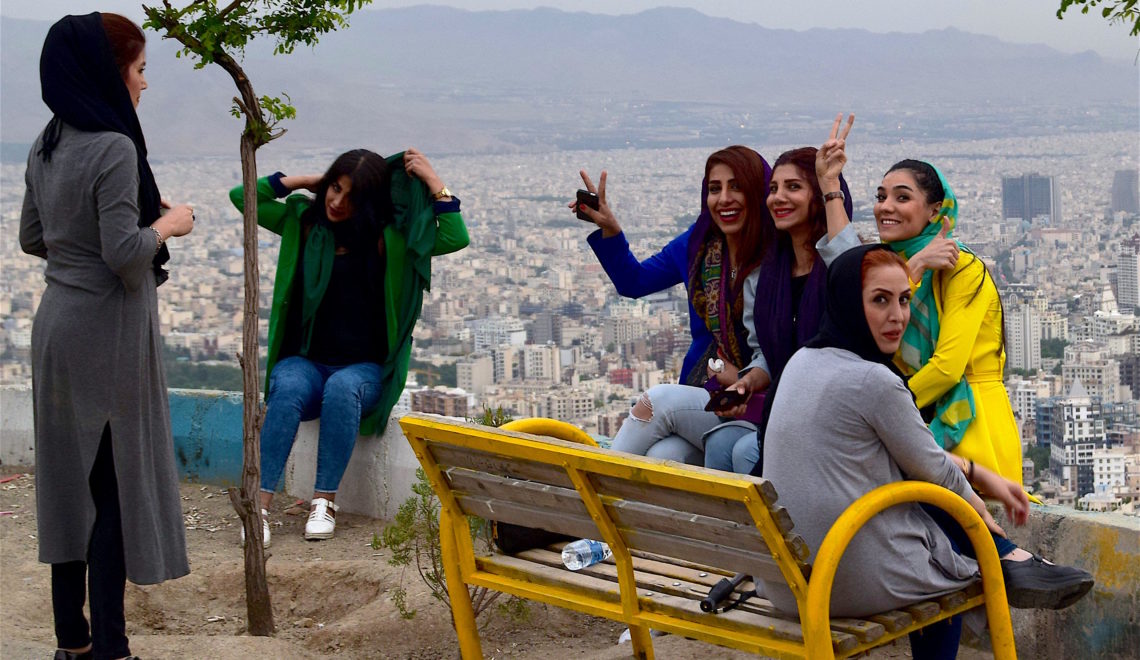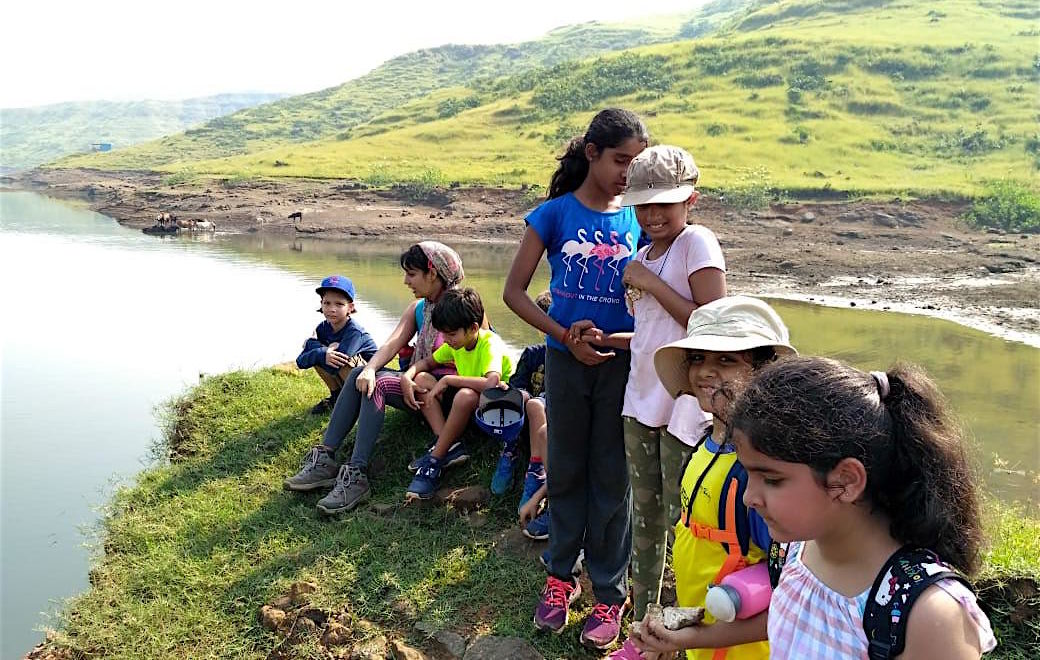
A checklist for sustainable travel with kids.
Text and images by Nitisha Agrawal
Sustainable travel seems to be the buzz term in travel right now, but there are plenty of travellers (including myself) who often wonder what this actually means. To add to the dilemma, try travelling ‘sustainably with children’. Before I can help list a few simple ways to travel responsibly with children based on my experience, it is important to talk about why our children ought to be more responsible and environmentally conscious. And not just while travelling.
There is a lot of environmental awareness among children today but are these young and future travellers putting theory into practice?
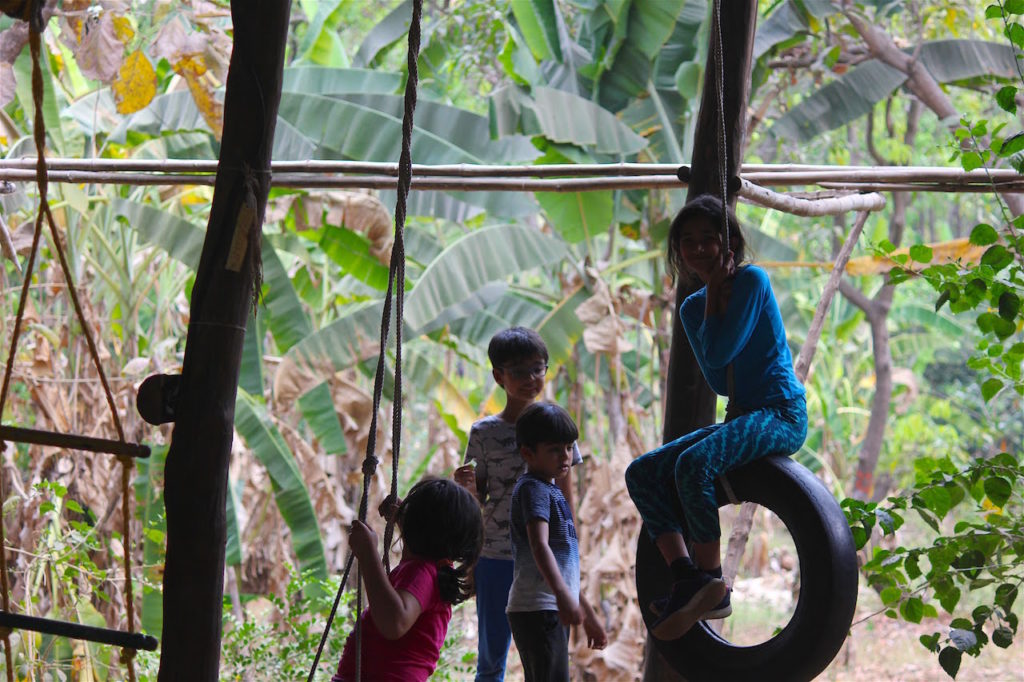
As conscious parents, it is important for us to show children why it is important to co-exist and travel with respect for the life around us so as to cultivate a deeper understanding of their environment. It is also about how to make small choices that help lessen our negative impact on the communities and environments we visit. These choices require minimal effort, but collectively, can make a great impact. Moreover, when children observe parents taking positive steps in this direction, they imbibe things easily. However, we must know that it does not take the fun out of travelling!
Travelling consciously with children should also be guided by the principles of development of their senses and should therefore be about learning instinctively and creatively while on the move. It is important to include sensorial activities where they use their own hands, and experience or observe unfamiliar sights and sounds far removed from their gadgets and their living environment.
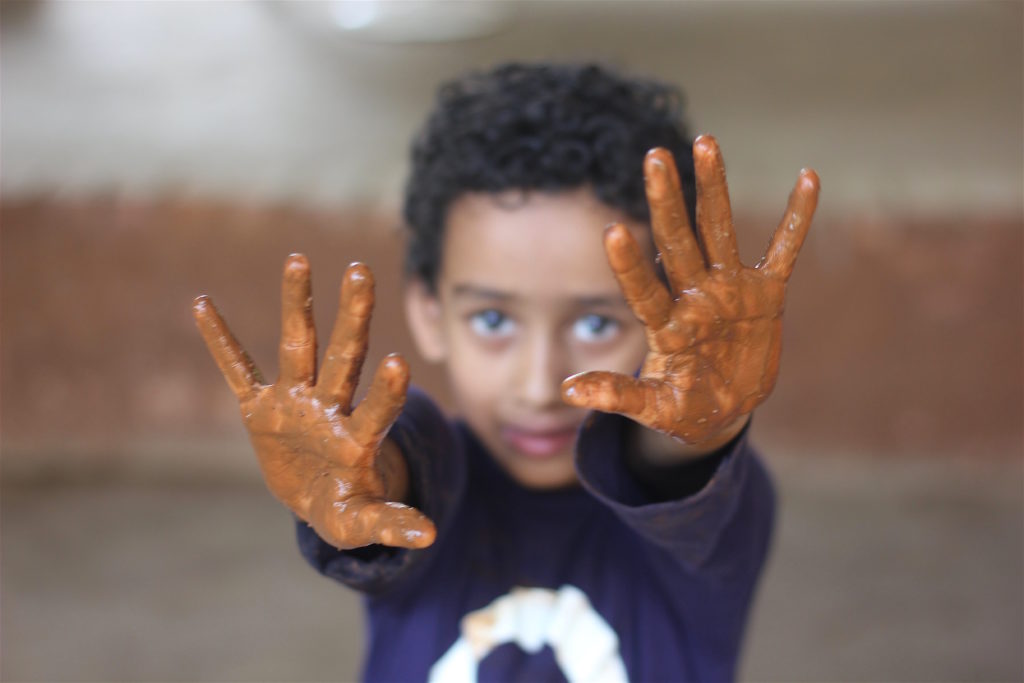
Here are a few pointers that could come in handy while planning, packing and travelling with children. Make sure you involve your children in the process where you can. They love the responsibility placed on their young shoulders.
Check for hotel policies
While doing your research on child-friendly and even pet-friendly accommodation, it might be a good idea to check for hotels and tour operators with responsible tourism policies. A few things to consider would be aspects like supporting local communities, ensuring that entertainment is not provided at the cost of animals, and by checking their recycling policies.
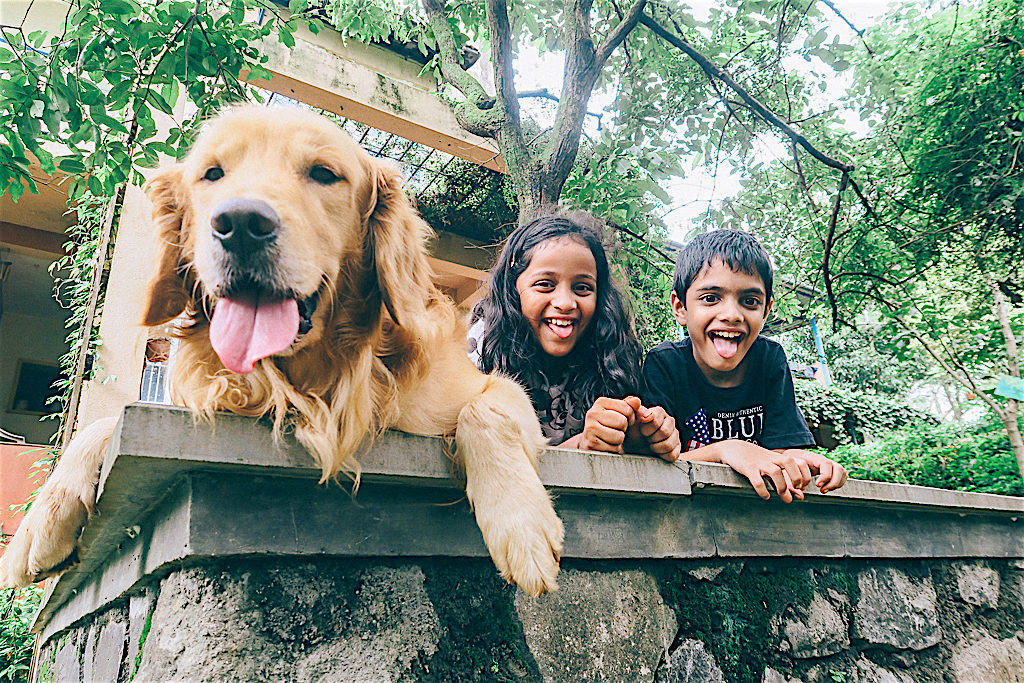
Responsible animal encounters
Help your child cultivate a deeper understanding of her fellow creatures so as to inspire a certain wonder, love and, eventually, the urge to sustain and conserve. On ethical grounds, I would urge you to avoid booking tours and activities that promise intimate encounters with wild animals, such as elephant rides, close interaction with wild cats, cuddling of koalas, etc. This often supports an industry that illegally captures, transports and abuses animals for human entertainment. Children are capable of more compassion than we can imagine. If we educate them gently about the dark side of such tours, or about the importance of co-existence versus selfies and rides with animals, they will grow up to become responsible adults. While feeding animals in captivity is a much-loved activity for kids, tell them that doing so disturbs the creatures and the eco-system and that feeding them packaged foods made for humans, like chips and biscuits, is against the law of nature. That it makes animals restless, aggressive and dependent on humans. Additionally, more often than not, we leave the trash behind after our entertainment is over.
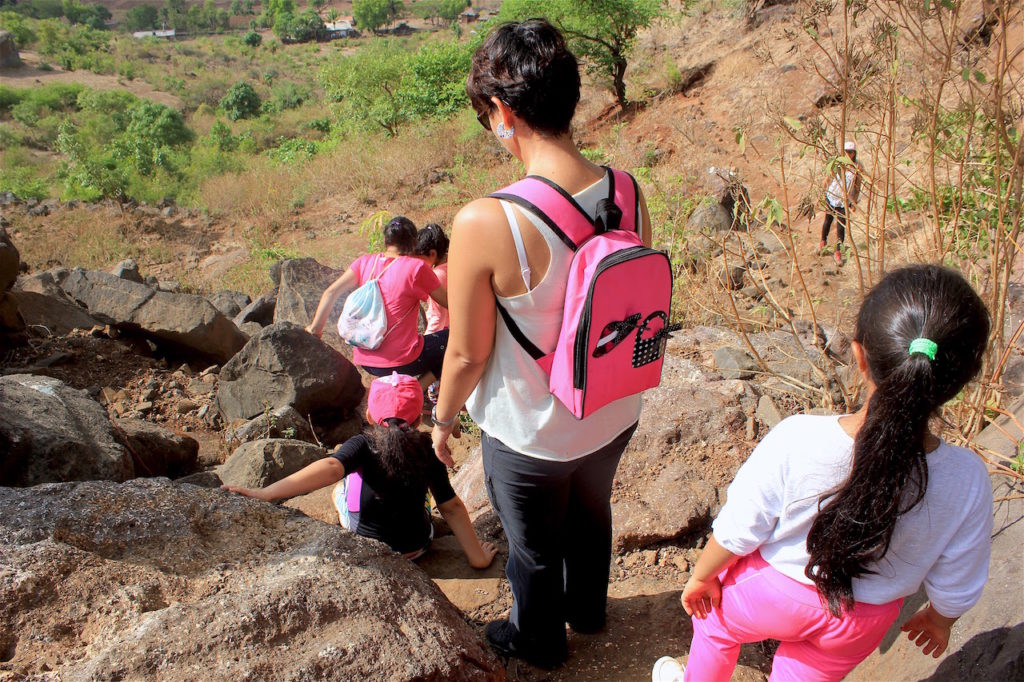
Pack light
Packing while travelling with children is a daunting task and I have agonised over checklists while travelling with my now 9-year-old. But packing light is beneficial to the environment; it helps reduce our carbon footprint and also helps us travel freely. You could save water too – it’s okay if kids don’t shower every day of their holiday and are made to wear the same set of clothes occasionally. They will be thrilled!
When packing, it is recommended to keep cloth/ canvas bags handy. During my nature camps, I advise children to carry day packs. These are useful to carry a small snack box, a water bottle and any other item the little travellers might wish to carry. These day packs or cloth bags are also useful while shopping during travels. It will help in saying no to plastic shopping bags.
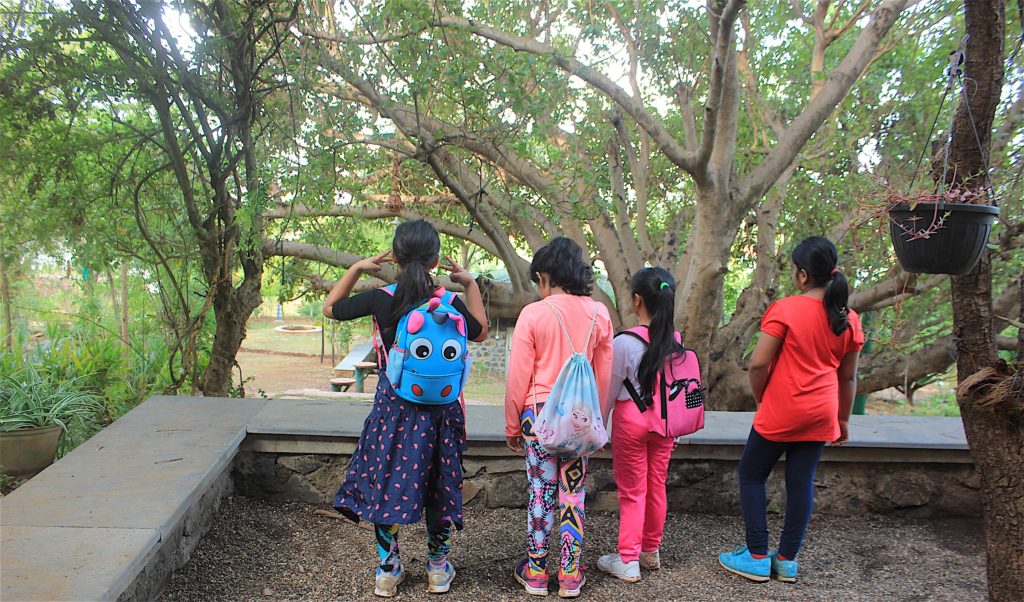
Carry your own bottle
I always carry a bottle of water with me that can be refilled, as well as a steel mug. Bottles with an in-built filter are now available; my daughter and I have one each so we can drink river water in the countryside.
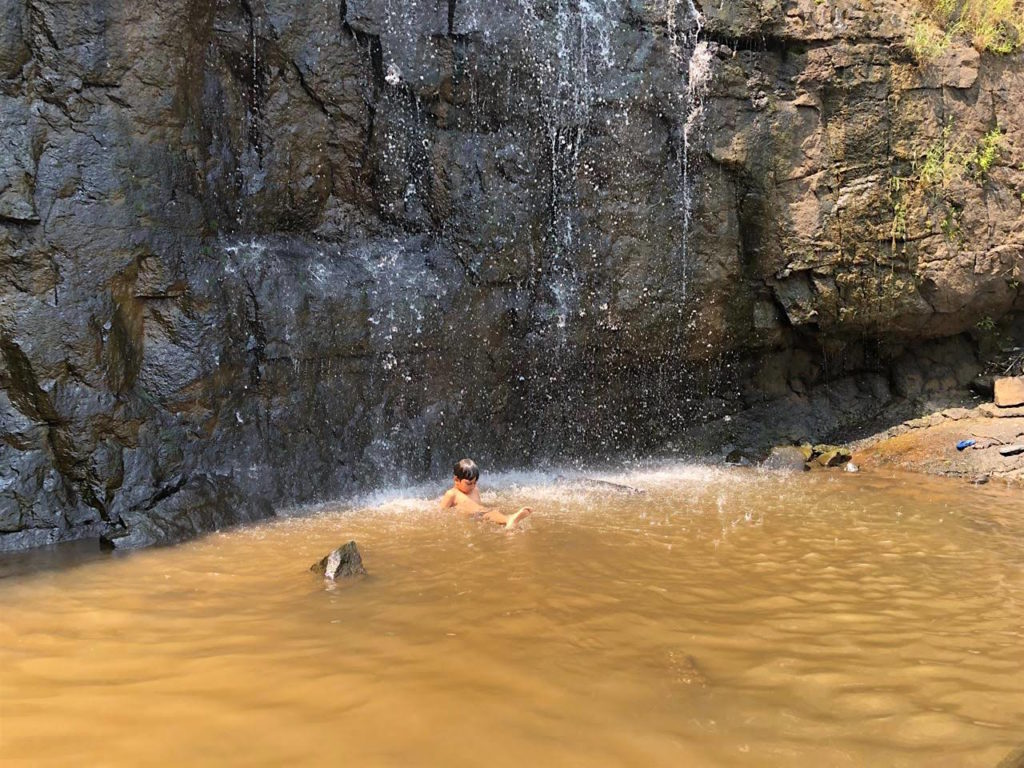
Ditch the plastic straw (or any kind of plastic, really)
A handy option given to kids for any kind of drink, the single-use plastic straw is an environmental hazard. This is where we, as parents, need to step in and educate our children as to why it is so harmful. Metal and bamboo straws are now available and they make for an invaluable addition to your packing list.
Pick up your own trash
To travel without leaving a trace is something that needs to be instilled in children. I, too, was guilty in the past of throwing trash – even plastic – in a corner, in the absence of a dustbin. But the more we travel, the more we learn. Encouraging children to pick up their trash while travelling will inspire them to be proud and responsible travellers of the future.
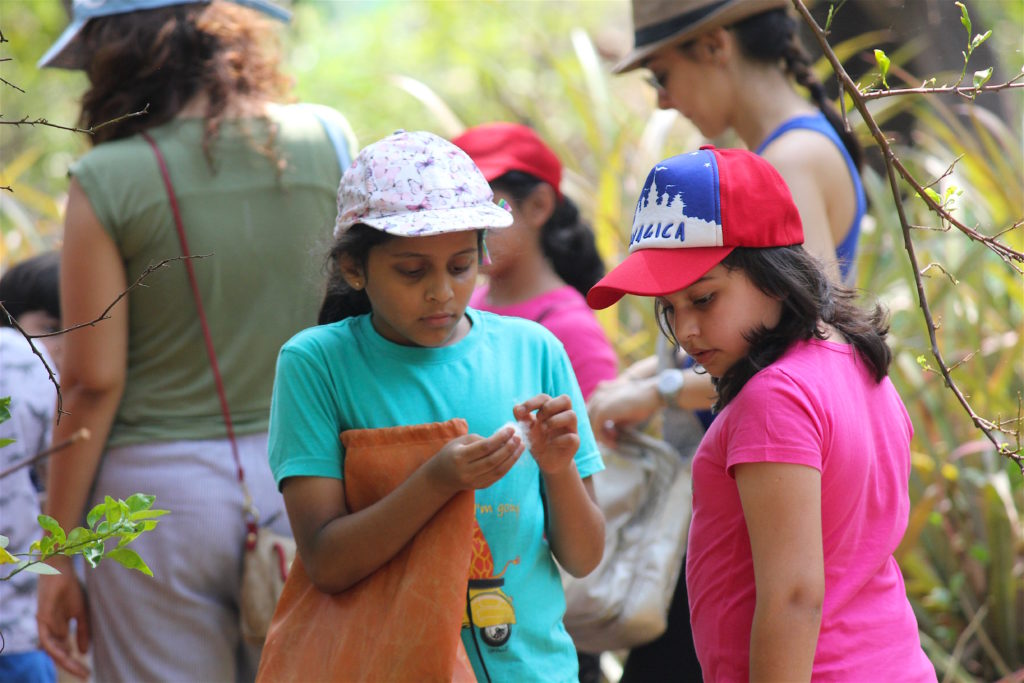
Good food habits
Taking care of food requirements while travelling with children can be a cause for sleepless nights. Depending on the length of your holiday, it might be a good idea to keep some dry and home-made snacks handy – nuts, dry fruit, home made cookies and salted snacks, and fruits like apples that can remain fresh for a few days. It will help reduce our dependency on packaged foods. When you’re in the hotel, nothing is better than freshly cooked food. A holiday is the best time to inculcate healthy eating habits in children. If your child is denied junk food options when she is used to them, she may sulk for a while but will eventually come around. Also, the fewer packaged foods you buy, the less trash you leave behind. Good food habits can do wonders for our health and for the environment, too.
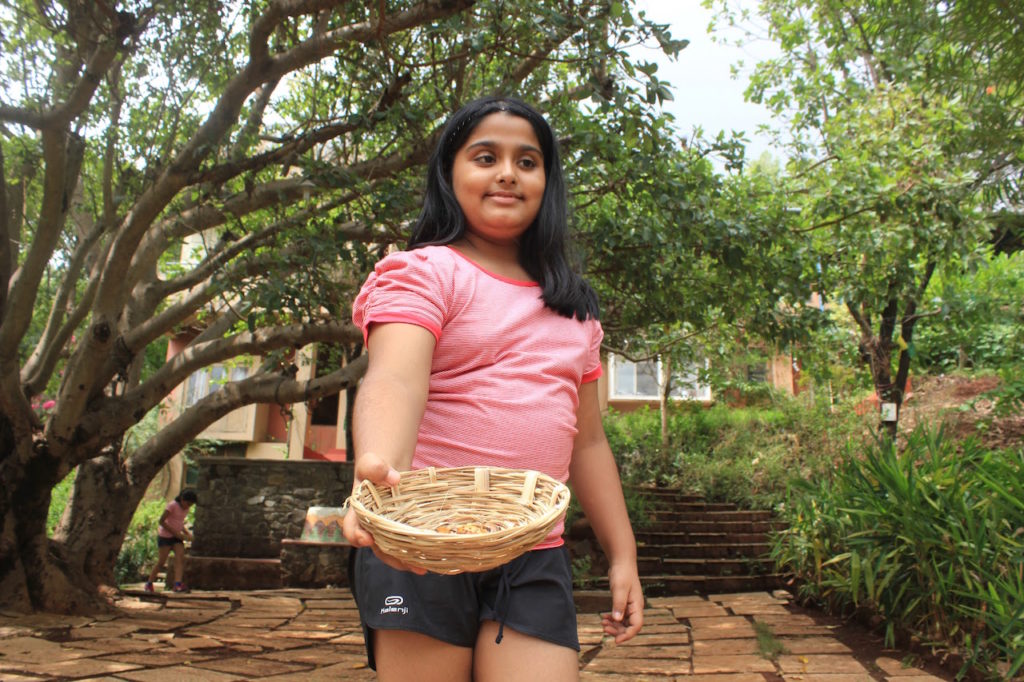
Buy local
Does your child know about her actual food sources? Include a visit to local markets or farms during your travels. This will encourage the habit of buying and consuming fresh, local fruits or any other produce. It would also be an interesting exercise in knowing more about the region.
These are just a few tips for starters but in the end, we need to create our own conscious choices while travelling. The more we travel, the more we observe and learn. Travel is indeed a great teacher and can shape the personality and character of our children if done responsibly.
Nitisha Agrawal runs Children of Tribe, an outdoor learning experience and introduction to sustainable solutions for urban children based on the ideology of Nature as a third parent.
 |
Nitisha Agrawal’s love for the mountains and trekking lured her to a chance interaction with an Australian scientist and she found inspiration to start her own NGO Smokeless Cookstove Foundation under his guidance after quitting her corporate job as Head of Communications with Volkswagen. The Foundation conducts training programmes in the skill of making zero cost smokeless cookstoves for communities living below the poverty line around India. She has studied Sustainable Development and Solutions from Columbia University, Earth Institute, and is currently pursuing a certification programme in Education in Sustainable Development from United Nations, Earth Charter International. Her initiative, Children of Tribe, is based out of Mumbai. |



